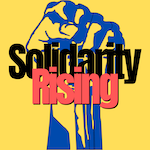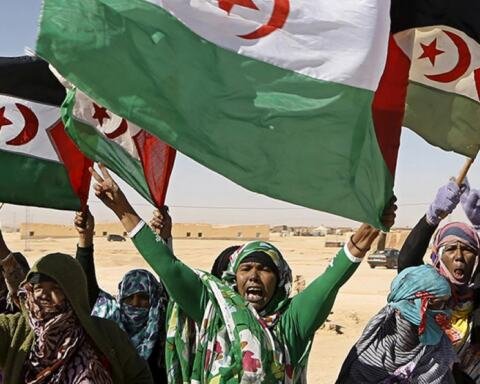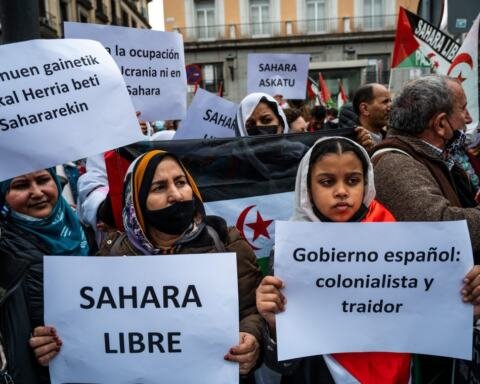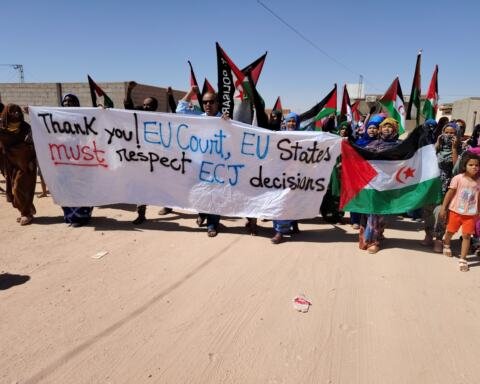The Unresolved Western Sahara Conflict and Its Repercussions
The Western Sahara conflict remains one of the world’s longest-standing and most neglected territorial disputes. In “The Unresolved Western Sahara Conflict and Its Repercussions,” Yahia H. Zoubir explores the deep-rooted causes of the conflict, its geopolitical ramifications, and the ongoing failure of the international community to deliver a just resolution.
Following Spain’s withdrawal in 1975, Morocco and Mauritania laid claim to Western Sahara—igniting a protracted struggle with the Sahrawi nationalist movement, the Polisario Front. Backed by Algeria, the Polisario declared the Sahrawi Arab Democratic Republic (SADR), demanding full independence. Despite a 1991 ceasefire brokered by the United Nations, the promised referendum on self-determination has yet to materialize.
Zoubir critically examines how global powers—particularly the United States and France—have prioritized strategic alliances over international law, allowing Morocco to entrench its control. The article also highlights how Morocco’s exploitation of Western Sahara’s rich natural resources, such as phosphates and offshore fisheries, continues without the consent of the Sahrawi people.
The ongoing stalemate has severe humanitarian consequences, especially for Sahrawi refugees in Algeria, and it perpetuates regional instability across North Africa. This comprehensive analysis sheds light on why the conflict endures and the urgent need for a fair and lasting solution.
Keywords: Western Sahara conflict, Polisario Front, Sahrawi Arab Democratic Republic, Morocco, Algeria, UN referendum, North Africa, self-determination, natural resources, geopolitical conflict
Full article
The-Unresolved-Western-Sahara-Conflict-and-Its-RepercussionsSource: Taylor & Francis Online
Support our work
Support our work
Support our work with a one-off or monthly donation
AuthorYahia H. ZoubirYear2018Pages16LanguageEnglish
Share via
Related resources
The Western Sahara Dispute: A Cautionary Tale for Peacebuilders
The UN and MINURSO have succeeded neither inconducting a referendum nor in…
Western Sahara as a Hybrid of a Parastate and a State-in-Exile: (Extra)territoriality and the Small Print of Sovereignty in a Context of Frozen Conflict
Within the liminal universe of parastates, what makes Western Sahara/SADR…
The Front Polisario Verdict and the Gap Between the EU’s Trade Treatment of Western Sahara and Its Treatment of the Occupied Palestinian Territories
Morocco’s control over Western Sahara and Israel’s control of the West Bank…



